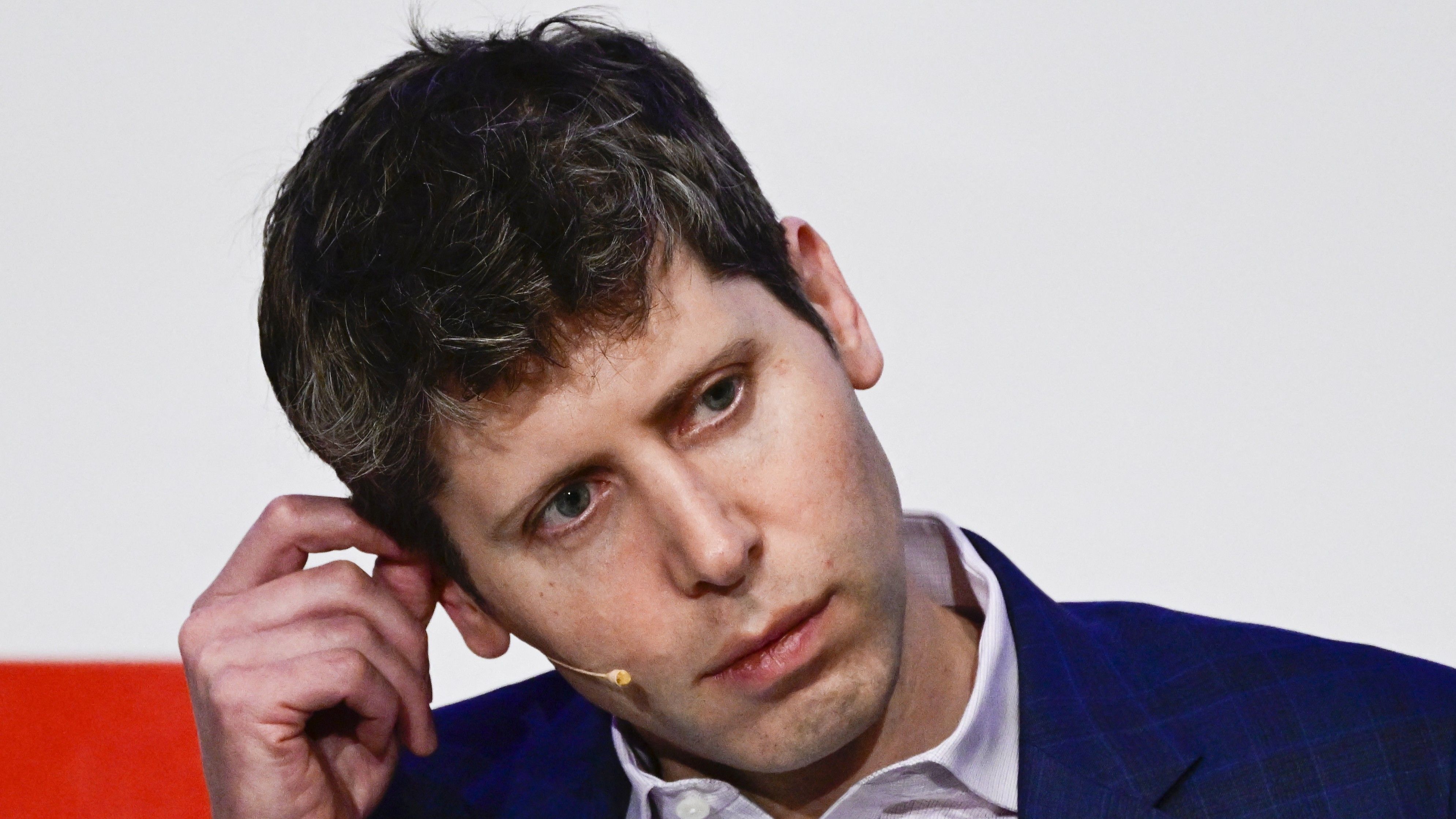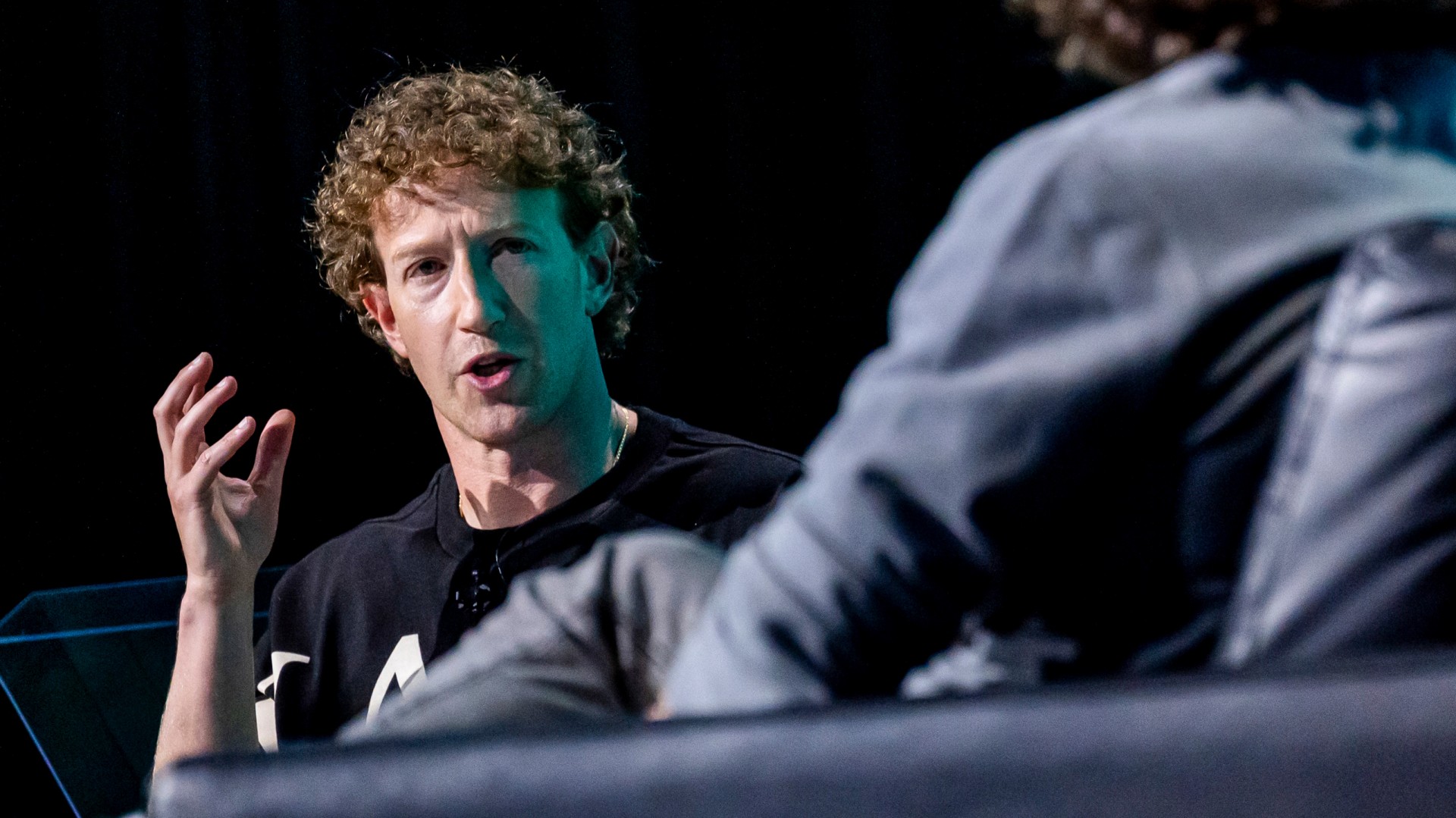
Last month, OpenAI CEO Sam Altman claimed that Meta was trying to poach OpenAI staffers with $100 million bonuses while speaking to his brother, Jack Altman, on the Uncapped podcast:
"They (Meta) started making giant offers to a lot of people on our team. You know, like $100 million signing bonuses, more than that (in) compensation per year. At least, so far, none of our best people have decided to take them up on that."
A few weeks after making this claim, a battalion of OpenAI staffers has defected to Meta's new Superintelligence lab recently announced by CEO Mark Zuckerberg. The move has seemingly raised concern among the ChatGPT maker's top management, prompting them to send their staffers on a mandatory week-long vacation.
OpenAI's Chief Research Officer, Mark Chen, indicated that he is working around the clock with Sam Altman to remedy the situation, including recalibrating compensation.
"I feel a visceral feeling right now, as if someone has broken into our home and stolen something," added Chen. "Please trust that we haven’t been sitting idly by." Some employees revealed that they have been under pressure, pulling 80-hour workweeks.
It'll be interesting to see how OpenAI plans to ward off Meta's enticing poaching techniques, including a $100 million signing bonus and year-one compensation. That said, Sam Altman has finally broken his silence on the matter in a response addressed to OpenAI's researchers, suggesting that Meta's aggressive poaching efforts could directly contribute to deep cultural problems in the future (via WIRED).
According to Altman:
“We have gone from some nerds in the corner to the most interesting people in the tech industry (at least). AI Twitter is toxic; Meta is acting in a way that feels somewhat distasteful; I assume things will get even crazier in the future. After I got fired and came back I said that was not the craziest thing that would happen in OpenAl history; certainly neither is this.”
Meta didn't get OpenAI's top AI talent

The OpenAI CEO admitted that Meta had managed to poach some its staffers, but indicated that the Facebook maker didn't manage to steal their top talent. “I am proud of how mission-oriented our industry is as a whole; of course there will always be some mercenaries," added Altman while claiming that "missionaries will beat mercenaries."
I believe there is much, much more upside to OpenAl stock than Meta stock. But I think it's important that huge upside comes after huge success; what Meta is doing will, in my opinion, lead to very deep cultural problems. We will have more to share about this soon but it's very important to me we do it fairly and not just for people who Meta happened to target.
OpenAI CEO, Sam Altman
Aside from ensuring that the recalibration of compensation packages benefits everyone at the company, not just those seemingly targeted by Meta, Altman appealed to his staff to stay true to the cause, highlighting his confidence in OpenAI's research roadmap.
According the Altman:
"We are making an unprecedented bet on compute, but I love that we are doing it and I'm confident we will make good use of it. Most importantly of all, I think we have the most special team and culture in the world. We have work to do to improve our culture for sure; we have been through insane hypergrowth.
But we have the core right in a way that I don't think anyone else quite does, and I'm confident we can fix the problems, and maybe more importantly than that, we actually care about building AGI in a good way.
Other companies care more about this as an instrumental goal to some other mission. But this is our top thing, and always will be. Long after Meta has moved on to their next flavor of the week, or defending their social moat, we will be here, day after day, year after year, figuring out how to do what we do better than anyone else. A lot of other efforts will rise and fall too.”
It'll be interesting to see if OpenAI introduces aggressive non-compete clauses to its employment contracts to prevent its employees from defecting to rival firms. Earlier this year, we learned that Google leverages a similar approach, coupled with up to one year of PTO (paid time off), to keep its AI talent from leaving for rival firms.







